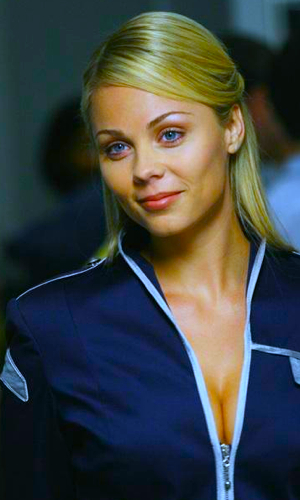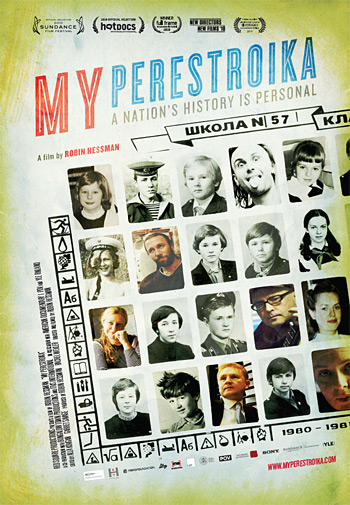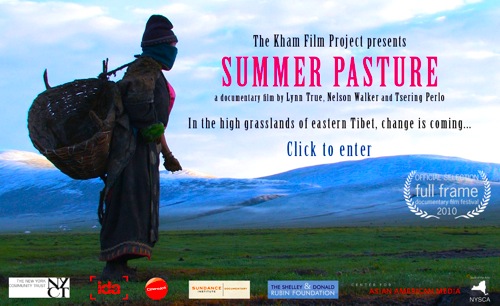 By Jennifer Baldwin. It’s August and that means Stars. Movie Stars. August is the month when TCM airs its annual “Summer Under the Stars” festival — 31 days of movie stars — with each day devoted to the films of a different star. This year’s schedule includes days devoted to Basil Rathbone, Norma Shearer, Errol Flynn, Ann Sheridan, Olivia De Havilland, Clint Eastwood, John Gilbert, Warren Beatty, Thelma Todd, and many more. Thanks to “Summer Under the Stars,” August has become a month that classic movie fans can’t help but love.
By Jennifer Baldwin. It’s August and that means Stars. Movie Stars. August is the month when TCM airs its annual “Summer Under the Stars” festival — 31 days of movie stars — with each day devoted to the films of a different star. This year’s schedule includes days devoted to Basil Rathbone, Norma Shearer, Errol Flynn, Ann Sheridan, Olivia De Havilland, Clint Eastwood, John Gilbert, Warren Beatty, Thelma Todd, and many more. Thanks to “Summer Under the Stars,” August has become a month that classic movie fans can’t help but love.
But why do we love it? First of all, we love the posters. Seriously, TCM does a phenomenal job with their advertising when it comes to the “Summer Under the Stars.” Last year’s promotional art posters were so good, in fact, that I wish TCM had sold them as full-sized glossy posters that I could put on my wall. This year, graphic artist Michael Schwab has designed eye-popping silhouettes for each of the thirty-one stars.
Why else do we love the “Summer Under the Stars”? Well, there’s the chance to see films rarely shown on TCM. When you’ve got twenty-four hours devoted to say, the films of John Gilbert, there’s bound to be a lot of movies that don’t normally make the TCM rotation. This year’s rarities include films starring Gilbert, Thelma Todd, and Woody Strode. Also, days devoted to Gene Tierney, Julie Christie, Ann Sheridan, Bob Hope, Kathryn Grayson, Lee Remick, and Robert Ryan offer the opportunity to dig a little deeper into the filmographies of stars who don’t get as much play as some of the perennial heavy hitters like Flynn, Bergman, and Hepburn.
 But beyond the promotional art, and the rare films, the biggest reason we love the “Summer Under the Stars” is because we love the stars themselves. Sure, TCM shows a Katharine Hepburn movie at least once a week (and that’s on a slow week), but there’s something about watching an entire day’s worth of her films (or Errol Flynn’s, or Paul Newman’s, or Ingrid Bergman’s) that’s just… special. A big part of loving old movies means loving old movie stars.
But beyond the promotional art, and the rare films, the biggest reason we love the “Summer Under the Stars” is because we love the stars themselves. Sure, TCM shows a Katharine Hepburn movie at least once a week (and that’s on a slow week), but there’s something about watching an entire day’s worth of her films (or Errol Flynn’s, or Paul Newman’s, or Ingrid Bergman’s) that’s just… special. A big part of loving old movies means loving old movie stars.
That’s why I’m distressed to see a few articles on the web recently claim we don’t need movie stars anymore (and even more radically, that we never really needed them in the first place). Sure, the annual “Are Movie Stars Dead?” article is as predictable as the old “Did Jaws and Star Wars Kill the Movies” article. But this new trend – to not just lament the death of movie stars but to say “good riddance” as well – is a bit disturbing. Who are these people who think that movies don’t need movie stars?
It’s an idea that’s utterly foreign to me. I got into old movies because of the movie stars. I wouldn’t have become the crazy, obsessive classic movie fanatic that I am today if it hadn’t been for the movie stars I came to love. I was first introduced to old movies by my mom: folding laundry with her on the couch, a rainy Saturday afternoon, an old Hitchcock film or 1940s romance on the TV. I enjoyed these old movies well enough, but they didn’t mean all that much to me. I hadn’t fallen in love with them yet. Continue reading Who Needs Movie Stars? I Do!





